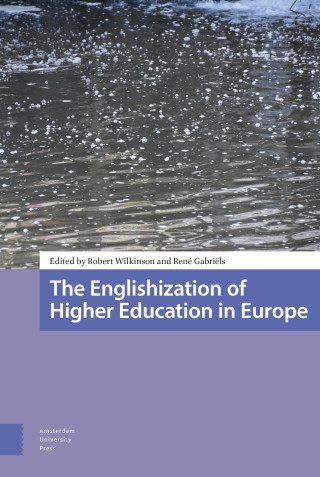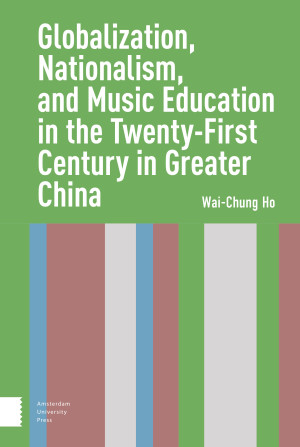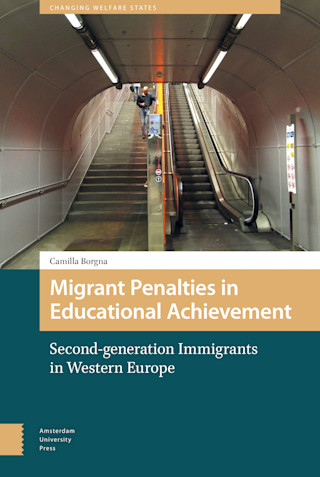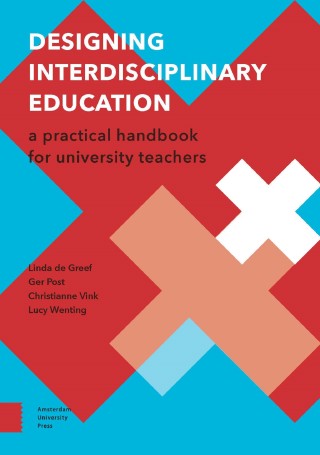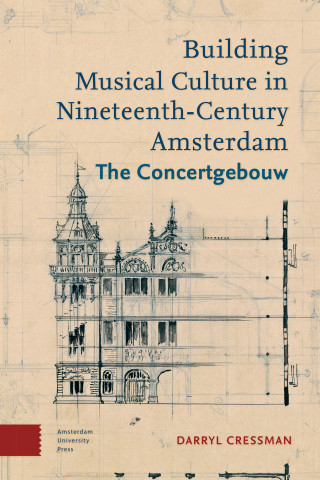Globalization, Nationalism, and Music Education in the Twenty-First Century in Greater China examines the recent developments in school education and music education in Greater China – Mainland China, Hong Kong, and Taiwan – and the relationship between, and integration of, national cultural identity and globalization in their respective school curriculums. Regardless of their common history and cultural backgrounds, in recent decades, these localities have experienced divergent political, cultural, and educational structures. Through an analysis of the literature, official curriculum documents, approved music textbooks, and a survey questionnaire and in-depth interviews with music teachers, this book also examines the ways in which policies for national identity formation and globalization interact to complement and contradict each other in the context of music education in respect to national and cultural values in the three territories.
Wai-Chung Ho’s substantive research interests include the sociology of music, China’s education system, and the comparative study of East Asian music education. Her research focuses on education and development, with an emphasis on the impact of the interplay between globalization, nationalization, and localization on cultural development and school music education.
